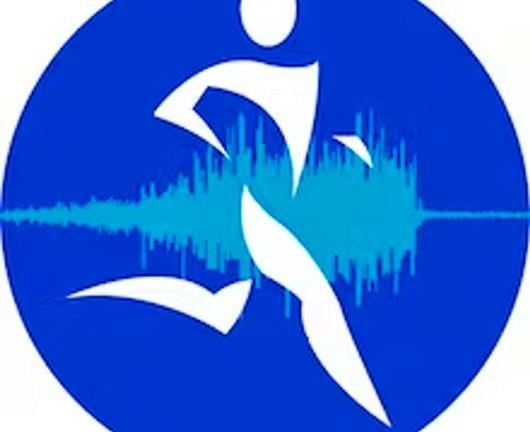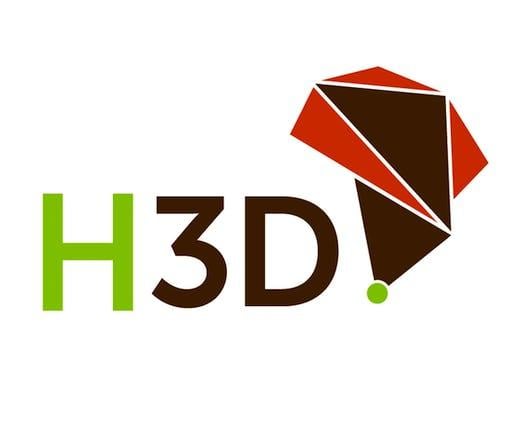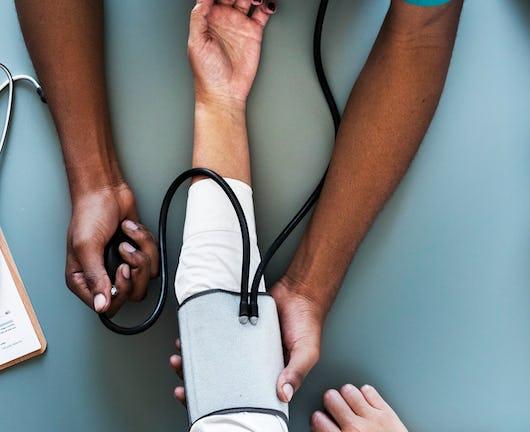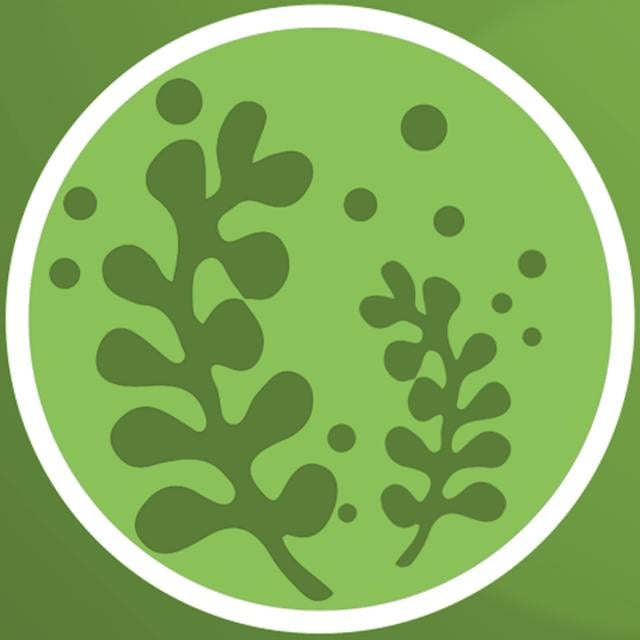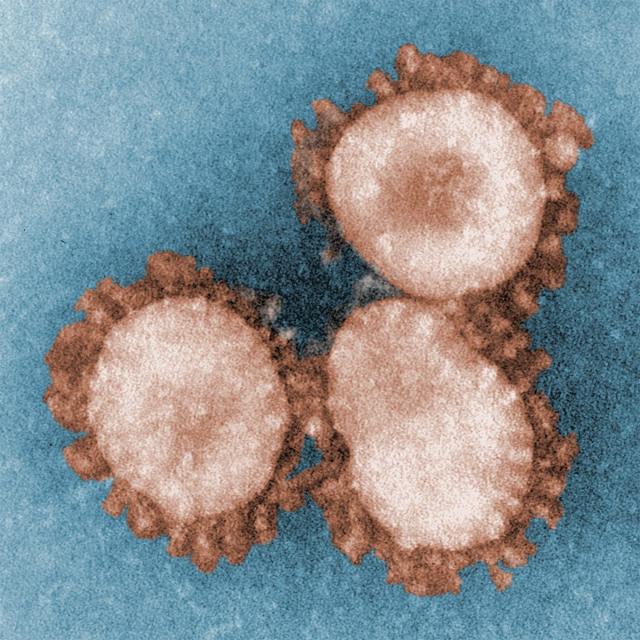Transformative Citizen Science for Sustainability (edX)
Categories
Effort
Languages
Go beyond citizen-gathered data. Learn to design projects that actively mobilise citizens, policy makers and scientists to improve human and ecological wellbeing. In this advanced course, world leading experts from Wageningen University & Research share key principles and practices for Transformative Citizen Science for Sustainability. Join us and develop [...]
Self Paced


